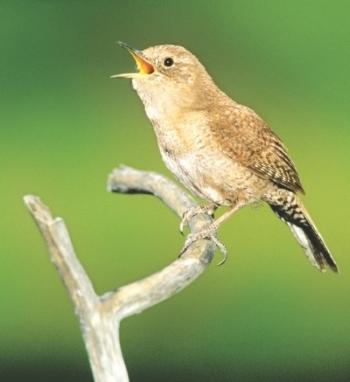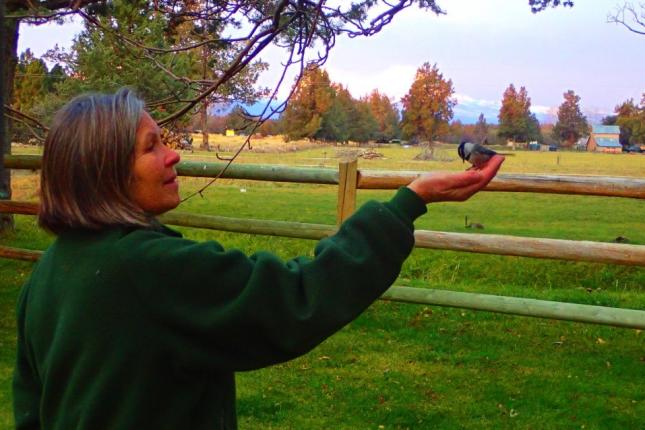
Spring Sing: The Dawn Chorus is Back
I confess. I’m not usually outside at 6 am. Heck, I’m barely awake at that hour. My coffee and comforter convince me to lay low. But yesterday, the need for warmth forced me to the woodshed and I experienced the joy of birdsong. The dawn chorus of Robins, Mourning Doves, House Finches and a pair of Great Horned Owls soothed my tired soul.
Birdsong is believed to improve mood and mental alertness—and in Amsterdam’s Schiphol Airport there is even a relaxation lounge featuring birdsong for travelers to de-stress. How cool is that?
And The British National Trust suggests a few minutes of listening to birdsong can help to alleviate a bad mood. Julian Treasure, a British acoustic consultant (yes, this is an actual job) speaks to the benefits of bird song, "It resets the ears, allows us to hear properly. Most of us walk around with our ears switched off because so much noise is unpleasant. Unlike so many other sounds there's no maximum exposure to birdsong."
Yet I realize birds don’t sing to comfort me. Bird song is necessary for their survival. The beauty of that dawn chorus is a bit of a vanity thing--with the male birds belting out a tune hoping to attract a mate or streaming a song to let other males know this territory is taken. Bird “language”-- those everyday chirps and tweets serve different purposes and communicate different needs. A call could mean anything from “Are you okay?”, “Watch out!” or “Help!”. Using a variety of vocalizations, birds communicate their basic survival needs. Their singing serves a purpose.
Humans, however, have the pleasure of enjoying birdsong for the sheer beauty of it. So for just a few minutes, let’s check out of the left analytical side of our brains and relax on the right side. Let’s indulge in a song—click on this link to hear a dawn chorus. It might just be good for us.
Have a Bluebird Day!
Carol


